
Stress is an inevitable part of life. Long work hours, constant hassles, and the requirement to do more with fewer resources create stress and induce anxiety and anger, unethical behavior, poor decision making, and chronic exhaustion and burnout—all of which impair personal and organizational performance.
There are typically two ways people try to deal with this kind of stress. One is to simply “buckle down and power through” to focus on getting the stressful work done.
The other tactic is to retreat—to temporarily disconnect from work and get away from the stressful environment.
Unfortunately, both “grinding through” and “getting away” have potential pitfalls. Humans have limits in handling heavy workloads that restrict our ability to always grind through.
The effect of stress on our mental, emotional, and physical health is enormous. When we’re stressed, we release cortisol, which creates high blood pressure, low mood, and disrupts sleep patterns. Physical exercise is one of the best ways to manage and reduce stress. Exercise and physical activity produce endorphins—the chemicals in the brain that act as natural painkillers and mood elevators.
Continuing to exert effort while stressed and fatigued will simply lead to depletion and impaired performance. And while a reprieve from work can provide temporary relief, it does not address the underlying problems that cause stress in the first place. When we return from a break, we are not only faced with the same issues—we may also experience additional guilt and anxiety.
So, how can we best manage the stress and pressure of life and work?
Start by reframing stressful work challenges in your mind. When stress emerges, change the message you tell yourself from “this is a stressful situation” to “this is a challenging but rewarding opportunity to learn.” Never let the negativity be your main focus. There are always more options and choices than you first see, so take a step back and try looking at your situation from a new perspective.
Reframing stressful tasks as learning opportunities shifts your mindset and better prepares you to approach the task with an orientation toward growth and longer-term gains and goals.
And start working more closely with others. Instead of wrestling with a stressful challenge solely in your own head, try to get input from others. Getting out and discussing a stressor with your peers and colleagues might reveal hidden insights, either from their experience or from the questions and perspectives they raise.
But most importantly, get moving: The endorphins you release when you exercise will be invaluable to you to reduce stress and be better able to cope.






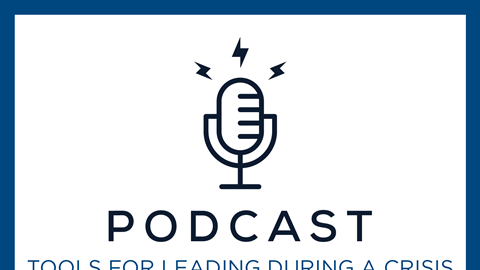
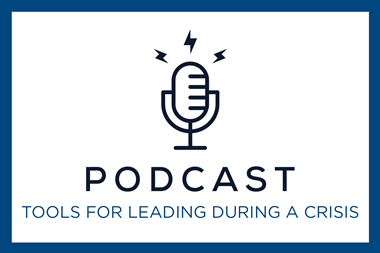
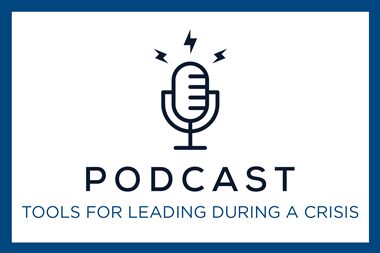
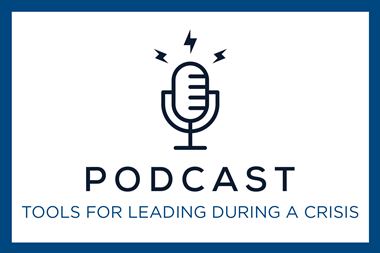
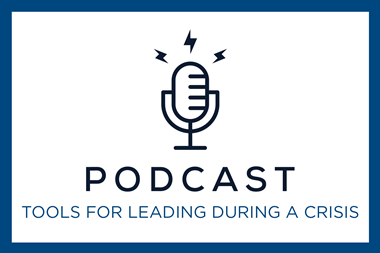
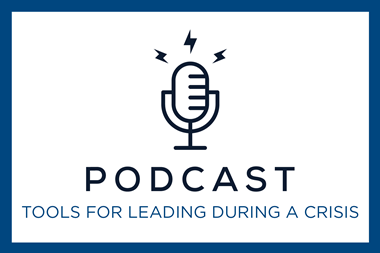




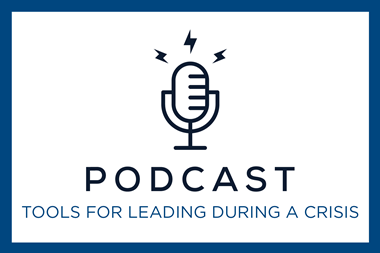



No comments yet